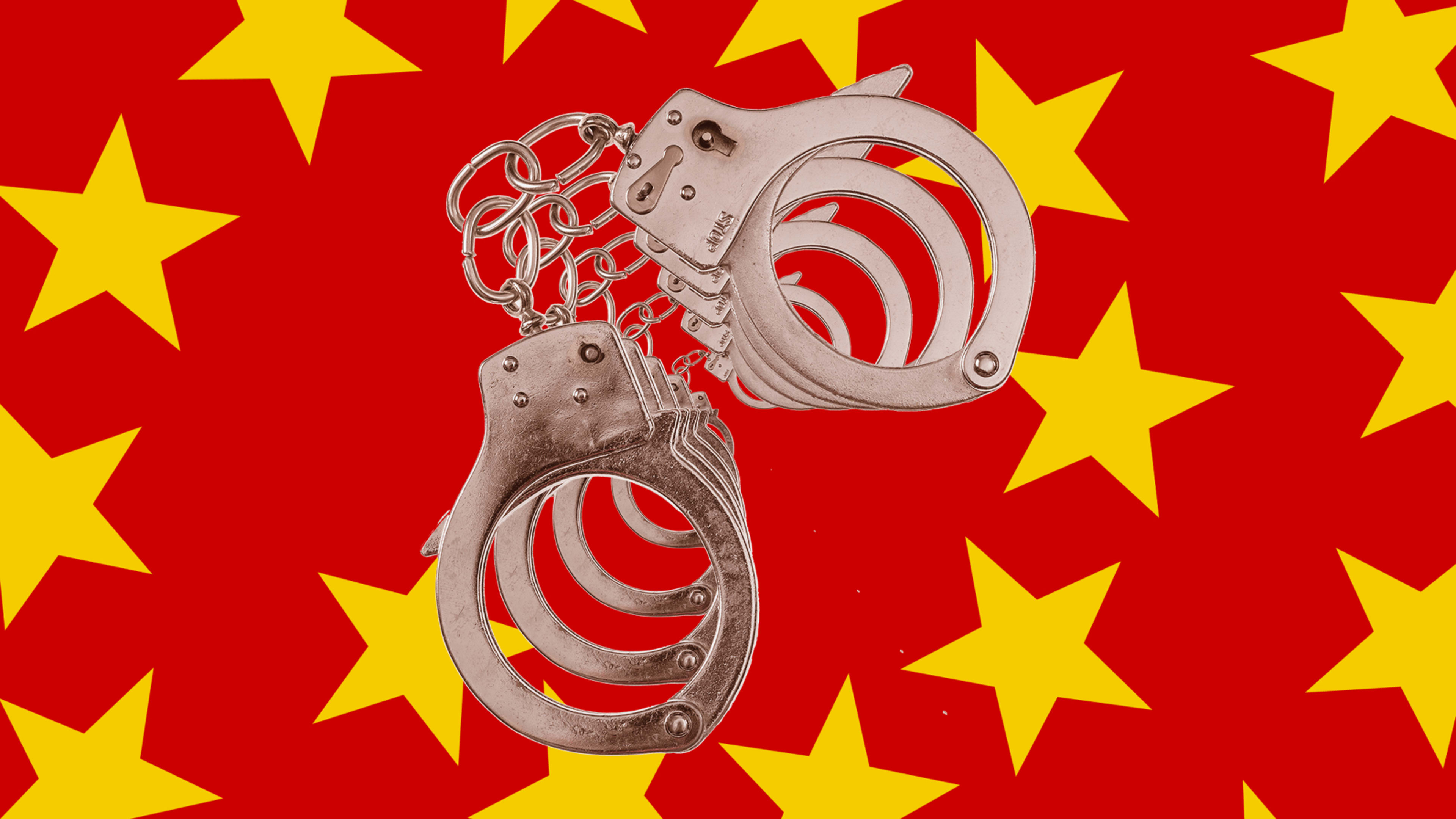China is continuing its fight against cryptocurrency, arresting more than 1,100 people suspected of using digital currency to launder money from telephone and internet scams.
Chinese police busted more than 170 criminal groups across 23 provinces, regions, and cities on Wednesday, the country’s Ministry of Public Security said in a statement. According to the bureau, the scammers recruited third parties to convert ill-gotten funds from fiat currency to cryptocurrency, which they then transferred into designated digital wallets in a scheme that “caused serious social harm.”
China’s Payment & Clearing Association has claimed that illegal activity involving virtual currency is rising, because digital wallets are nameless and cryptocurrencies are easily accessible and used globally.
“They have increasingly become an important channel for cross-border money laundering,” it said in a statement Wednesday.
According to Bloomberg, China’s Great Firewall is censoring internet searches for cryptocurrency exchanges as of midday Thursday. They include popular platforms Binance and Huobi.
China has made no secret of its crusade against cryptocurrency in recent months. In May, three industry regulatory bodies banned banks and payment companies from dealing in such assets, stating that bitcoin, ether, and its peers are “not a real currency” and cannot be used in the market. The news sent cryptocurrencies tumbling across the board, with both brand-name and deep-cut tokens shedding chunks of value. Most have not yet recouped losses from the sell-off.
That same month, China tightened its squeeze in Inner Mongolia, a coal-rich autonomous region of China with a vast network of cryptocurrency miners. And this month, the province of Qinghai said it would outlaw crypto mining and investigate such operations run under the guise of big data supercomputing centers. Mining—a process that involves computers solving complex mathematical puzzles in order to verify the blockchain, a coded ledger of cryptocurrency transactions—consumes gargantuan amounts of energy, which clashes with Beijing’s global climate goals.
Recognize your brand’s excellence by applying to this year’s Brands That Matter Awards before the early-rate deadline, May 3.
